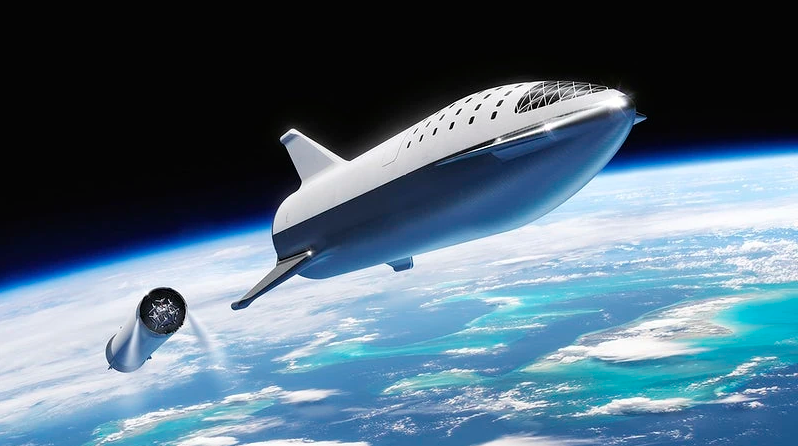Space exploration has always captivated humanity’s imagination, and the journey to the stars continues to accelerate with groundbreaking advancements in space technology. Over the past few years, space agencies, private companies, and research institutions have been collaborating to bring cutting-edge innovations to the field of space exploration. These innovations are poised to reshape the way we understand and interact with the cosmos. In this article, we will delve into the latest developments in space technology, from rocket propulsion systems to space habitats and scientific instruments, and explore how these advancements are revolutionizing our quest to explore the great unknown.

1. Reusable Rocket Technology: A Paradigm Shift in Space Transportation
Traditionally, space missions were associated with single-use rockets, which led to exorbitant costs and significant waste. However, recent years have seen the rise of reusable rocket technology, pioneered by companies like SpaceX with their Falcon 9 rocket. Reusability has the potential to dramatically reduce the cost of space travel, making it more accessible and sustainable for future missions. It also marks a significant step towards creating a more permanent human presence in space, as reusable rockets open the door to more frequent launches and expeditions.
2. Advancements in Propulsion Systems: Faster, Farther, and More Efficient
Propulsion systems are at the heart of space travel, and recent advancements in this field have been nothing short of revolutionary. Electric propulsion, for instance, is gaining traction for deep-space missions due to its higher efficiency and longer operational lifespans compared to traditional chemical propulsion. Moreover, ion propulsion systems are enabling spacecraft to reach unprecedented speeds, significantly reducing travel times to distant planets and beyond.
3. Space Habitats: Sustaining Life Beyond Earth
The prospect of colonizing other planets or celestial bodies necessitates the development of sustainable space habitats. Innovative designs, such as inflatable habitats, are being explored to create livable environments for astronauts during long-duration missions. These structures can be compact during travel and expand once in space, providing adequate living and working spaces for astronauts. Additionally, research into closed-loop life support systems is advancing, allowing future habitats to recycle resources, such as water and oxygen, thereby reducing dependence on Earth for resupply missions.
4. Robotic Explorers: Pioneering Discoveries
Robots and rovers have proven to be invaluable tools for exploring the surfaces of distant planets and moons. Advancements in robotics and artificial intelligence have enabled these explorers to autonomously navigate treacherous terrains, conduct scientific experiments, and send back crucial data to scientists on Earth. These robotic missions have not only expanded our understanding of other celestial bodies but have also paved the way for future crewed missions by identifying potential landing sites and hazards.
5. Satellite Mega-Constellations: Expanding Connectivity and Earth Observation
The growing demand for global internet coverage and earth observation capabilities has led to the rise of satellite mega-constellations. Companies like SpaceX, OneWeb, and Amazon’s Project Kuiper are deploying thousands of small satellites in low Earth orbit to create a network that can provide high-speed internet access to even the most remote regions of the planet. Additionally, these constellations significantly enhance Earth observation capabilities, facilitating real-time monitoring of climate change, natural disasters, and agricultural patterns.
Conclusion
The latest innovations in space technology are undeniably propelling humanity towards an era of unprecedented space exploration. From reusable rockets revolutionizing space transportation to the development of sustainable habitats for human settlement on other celestial bodies, the possibilities seem limitless. As these advancements continue to evolve, space exploration will become more accessible, affordable, and sustainable, allowing us to push the boundaries of our knowledge and understanding of the universe. Embracing these technological breakthroughs, humanity stands on the precipice of breaking the final frontier and embarking on a new era of space exploration and discovery.